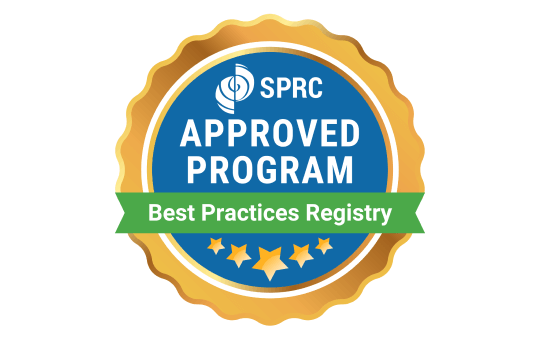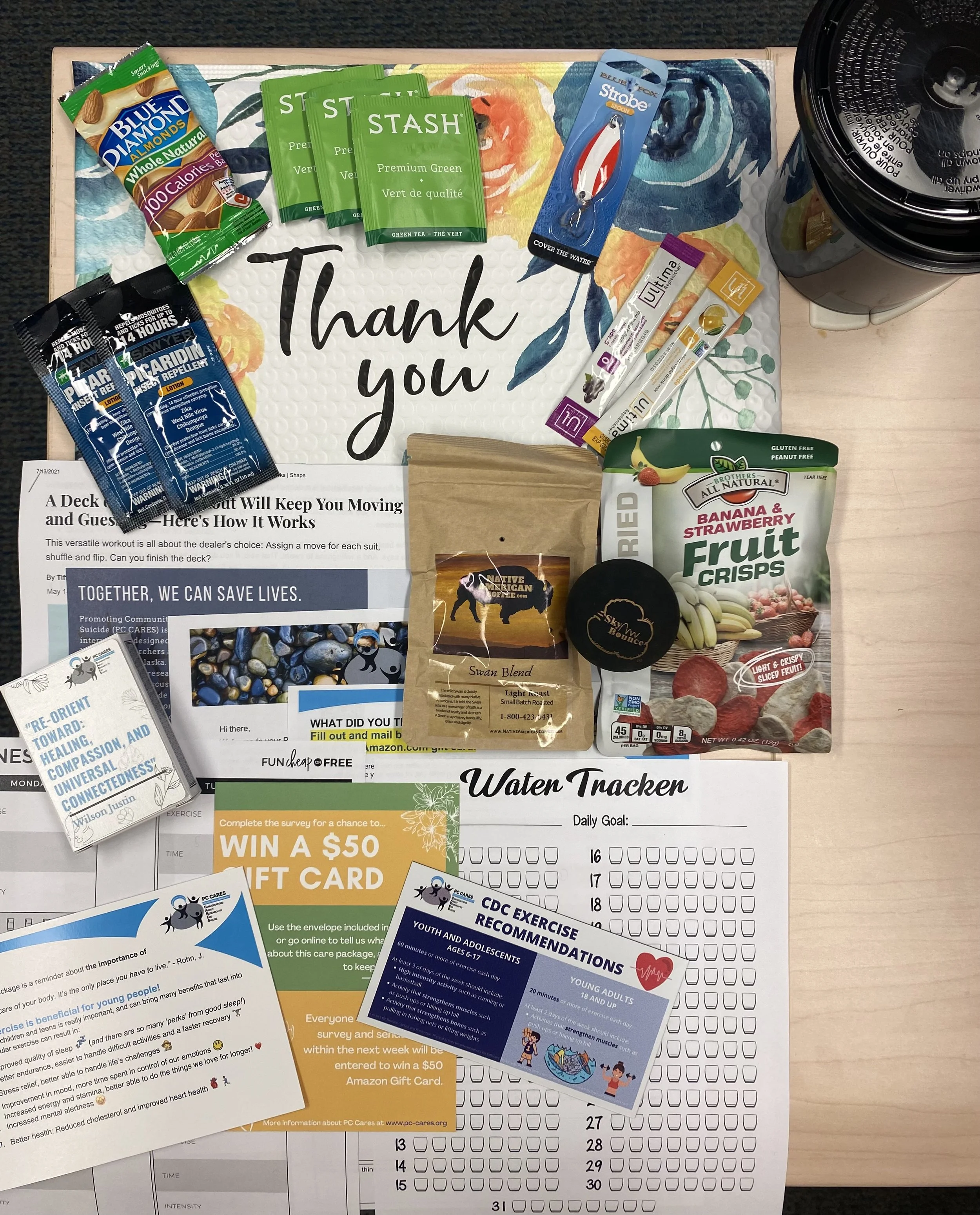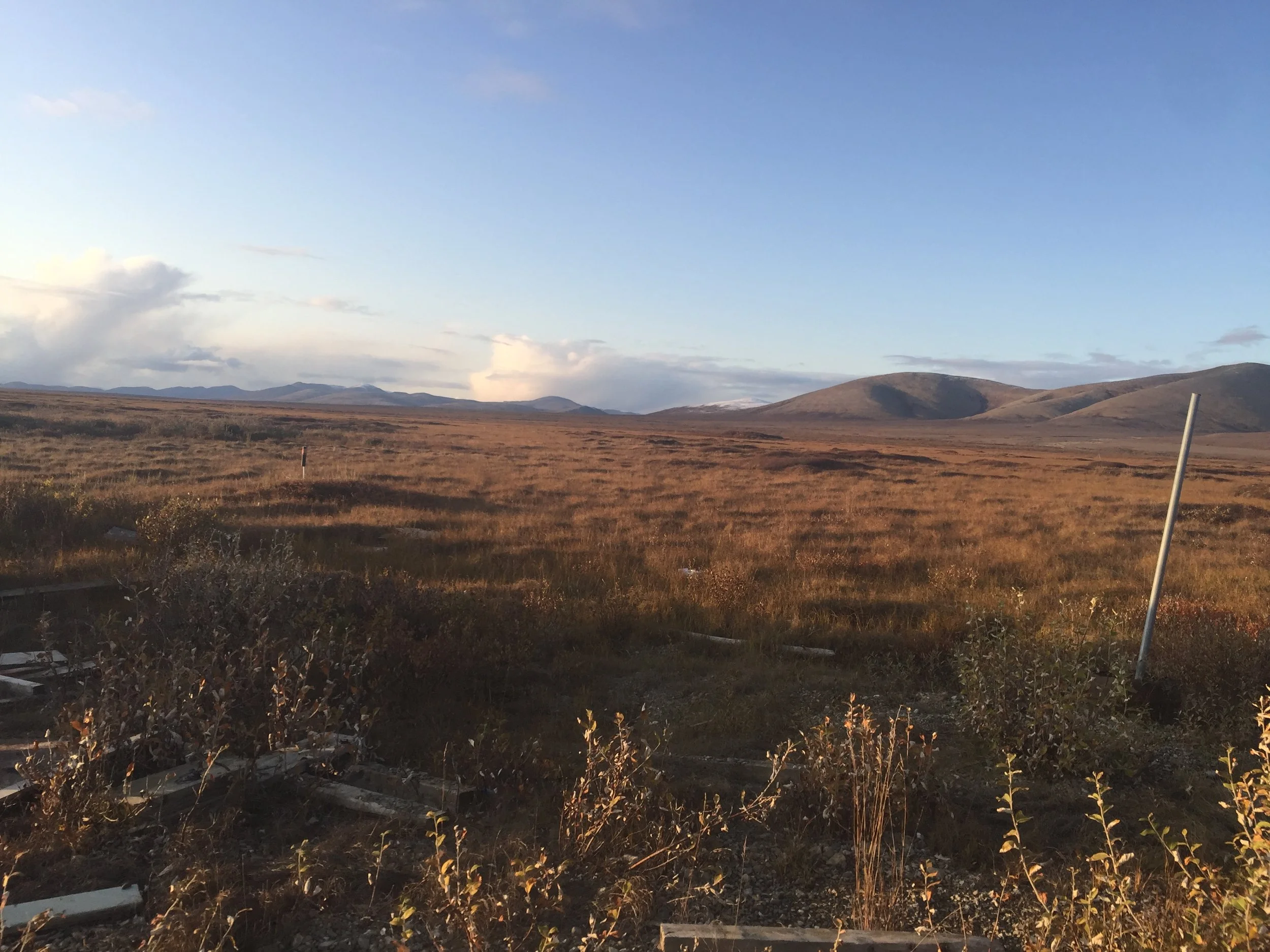A growing evidence base shows PC CARES is feasible, acceptable, and effective at increasing social support and prevention-related actions
Published research related to PC CARES
Wexler, L., White, L., Moto, R., Schmidt, T., Heinze, J., Evans, E., Kapoulea, E., & Laws, H. (2026). Training School Staff to Prevent Suicide and Promote Mental Health: Outcomes from Virtual PC CARES At School Intervention. School Mental Health.
White, L. A., Markowski, K., Schmidt, T., Rataj, S., Schultz, K., Habecker, P., & Wexler, L. (2026). Who Are the Helpers? Patterns of Social Support in Rural Alaska Native Communities. Social Work Research, svaf029. https://doi.org/10.1093/swr/svaf029
Evans, E., White, L., Schmidt, T., Zhong, A., McEachern, D., Moto, R., Garnie, J., Issac, L., Chaliak, J., & Wexler, L. (2026). Promoting Alaska native wellbeing and suicide prevention in rural schools: A virtual learning circle approach. Frontiers in Education, 11. https://doi.org/10.3389/feduc.2026.1726106
Kennedy, J., Wexler, L., Schmidt, T., Rataj, S., Garnie, J., Moto, R., Tao, Z., White, L., & McEachern, D. (2025). Care packages to promote universal suicide prevention for remote Alaska Native communities: What worked?. The Journal of Rural Health: Official Journal of the American Rural Health Association and the National Rural Health Care Association, 41(2), e70032. https://doi.org/10.1111/jrh.70032
Wexler, L., White, L., Ginn, J., Schmidt, T., Rataj, S., Wells, C. C., Schultz, K., Kapoulea, E. A., McEachern, D., Habecker, P., & Laws, H. (2025). Developing self-efficacy and 'communities of practice' between community and institutional partners to prevent suicide and increase mental health in under-resourced communities: expanding the research constructs for upstream prevention. BMC public health, 25(1), 1323. https://doi.org/10.1186/s12889-025-22465-1
Markowski, K. L., White, L., Harcey, S. R., Schmidt, T., McEachern, D., Habecker, P., & Wexler, L. (2022). What Kinds of Support are Alaska Native Youth and Young Adults Reporting? An Examination of Types, Quantities, Sources, and Frequencies of Support. Health Promotion Practice. 2022;24(5):863-872. https://doi.org/10.1177/15248399221115065
Wells, C. White, L., Schmidt, T., Rataj, S., McEachern, D., Wisnieski, D., Garnie, J., Kirk, T., Moto, R. & Wexler, L. (2022). Adapting PC CARES to continue suicide prevention in rural Alaska during the COVID-19 pandemic: Narrative Overview of an in-person community-based suicide prevention program moving online. American Indian and Alaska Native Mental Health Research Journal, 29, 2. DOI: 10.5820/aian.2902.2022.126
Wexler, L., Schmidt, T., White, L., Wells, C. C., Rataj, S., Moto, R., Kirk, T., & McEachern, D. (2022). Collaboratively Adapting Culturally-Respectful, Locally-Relevant Suicide Prevention for Newly Participating Alaska Native Communities. Journal for Social Action in Counseling & Psychology, 14(1), 124–151. https://doi.org/10.33043/JSACP.14.1.124-151
White, L. A., Wexler, L., Weaver, A., Moto, R., Kirk, T., Rataj, S., Trout, L., & McEachern, D. (2022). Implementation beyond the clinic: Community-driven utilization of research evidence from PC CARES, a suicide prevention program. American Journal of Community Psychology, 1– 14. https://doi.org/10.1002/ajcp.12609
Wexler, L., Rataj, S., Ivanich, J., Plavin, J., Mullany, A., Moto, R., Kirk, T., Goldwater, E., Johnson, R., Dombroski, K. (2019). Community mobilization for rural suicide prevention: Process, learning and behavioral outcomes from Promoting Community Conversations About Research to End Suicide (PC CARES) in Northwest Alaska. Social Science & Medicine, 232, 398-407.
Trout, L., McEachern, D., Mullany, A., White, L., & Wexler, L. (2018). Decoloniality as a framework for Indigenous youth suicide prevention pedagogy: Promoting Community Conversations About Research to End Suicide. American Journal of Community Psychology, 62, 3-4.
Lee, H.-W., Melson, M., Ivanich, J., Habecker, P., Gauthier, G. R., Wexler, L., Khan, B., ... Bianconi, G. (2018). Mapping the structure of perceptions in helping networks of Alaska Natives. Plos One, 13, 11
Wexler, L., Trout, L., Rataj, S., Kirk, T., Moto, R., & McEachern, D. (2017). Promoting Community Conversations About Research to End Suicide: learning and behavioural outcomes of a training-of-trainers model to facilitate grassroots community health education to address Indigenous youth suicide prevention. International Journal of Circumpolar Health, 76, 1.
Wexler, L., McEachern, D., DiFulvio, G., Smith, C., Graham, L. F., & Dombrowski, K. (2016). Creating a Community of Practice to Prevent Suicide Through Multiple Channels: Describing the Theoretical Foundations and Structured Learning of PC CARES. International Quarterly of Community Health Education, 36, 2, 115-22.
Publications blog
Funding Note
Funding for developing and supporting research on PC CARES was provided by the National Institute of Mental Health (R34 MH096884, R01 MH112458 and R01 MH136768-01) and programming support was received from the Substance Abuse and Mental Health Services Administration (SAMHSA).




A recent qualitative paper, “Promoting Alaska Native Wellbeing and Suicide Prevention in Rural Schools: A Virtual Learning Circle Approach,” was published in Frontiers in Education. The paper documents what happened when the PC CARES model was adapted for virtual delivery in three rural Alaska school districts during the COVID-19 pandemic.
Over two academic years, 165 educators, administrators, behavioral health professionals, and school staff took part in seven Virtual Learning Circles. Participants met together online to reflect on research and ask practical questions: What does this mean for their communities? What actions felt possible and meaningful in their local contexts?